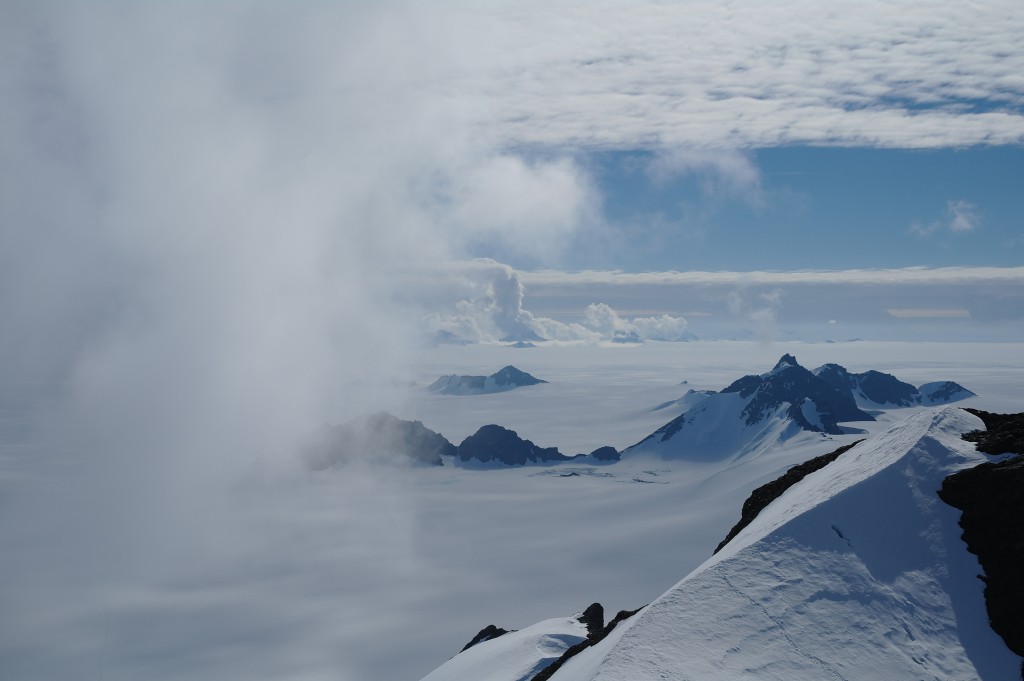How can the Antarctic be melting when part of the ice sheet is growing?
One of my colleagues keeps telling me global warming is not really causing ice melt, because the East Antarctic ice sheet is actually growing. Yes, it is indeed, according to the latest comprehensive study taking account of all the available satellite data. But this is in fact consistent with what scientists expect from climate warming. Warming oceans are leading to more precipitation, which falls on the high East Antarctic ice sheet as snow. The situation in West Antarctica and on the Antarctic peninsula are very different. If you find all this interesting, you might like to listen to this Interview with Andrew Shepherd, coordinator of the latest study, supported by NASA and ESA, the European space agency. He explains what the satellites tell us about the state of the polar ice caps and their increasing contribution to global sea level rise.
In case you missed them, you can still catch up on the satellite study and the latest models on sea level rise. At the end of the interview I asked Prof. Shepherd what difference the data could mean to the next IPCC models on sea level rise. He made the point that the real uncertainty in these models is about what emissions trajectory the world’s countries will opt for. Which brings us back to Doha. I’m following the talks with interest, but not much in the way of expectations. The German environment minister told my colleague Andrea Rönsberg in an interview he wasn’t too optimistic about whether the talks would manage to reduce sea level by even a tiny degree. He’s not alone there.
















